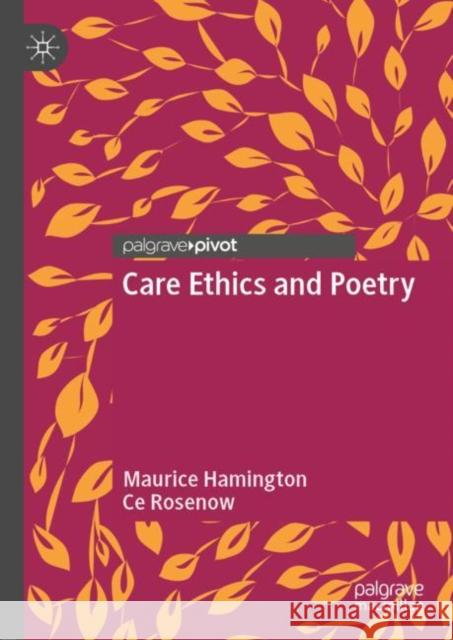Care Ethics and Poetry » książka
topmenu
Care Ethics and Poetry
ISBN-13: 9783030179779 / Angielski / Twarda / 2019 / 130 str.
Kategorie BISAC:
Wydawca:
Palgrave Pivot
Język:
Angielski
ISBN-13:
9783030179779
Rok wydania:
2019
Wydanie:
2019
Ilość stron:
130
Waga:
0.33 kg
Wymiary:
21.01 x 14.81 x 0.97
Oprawa:
Twarda
Wolumenów:
01
Dodatkowe informacje:
Wydanie ilustrowane











